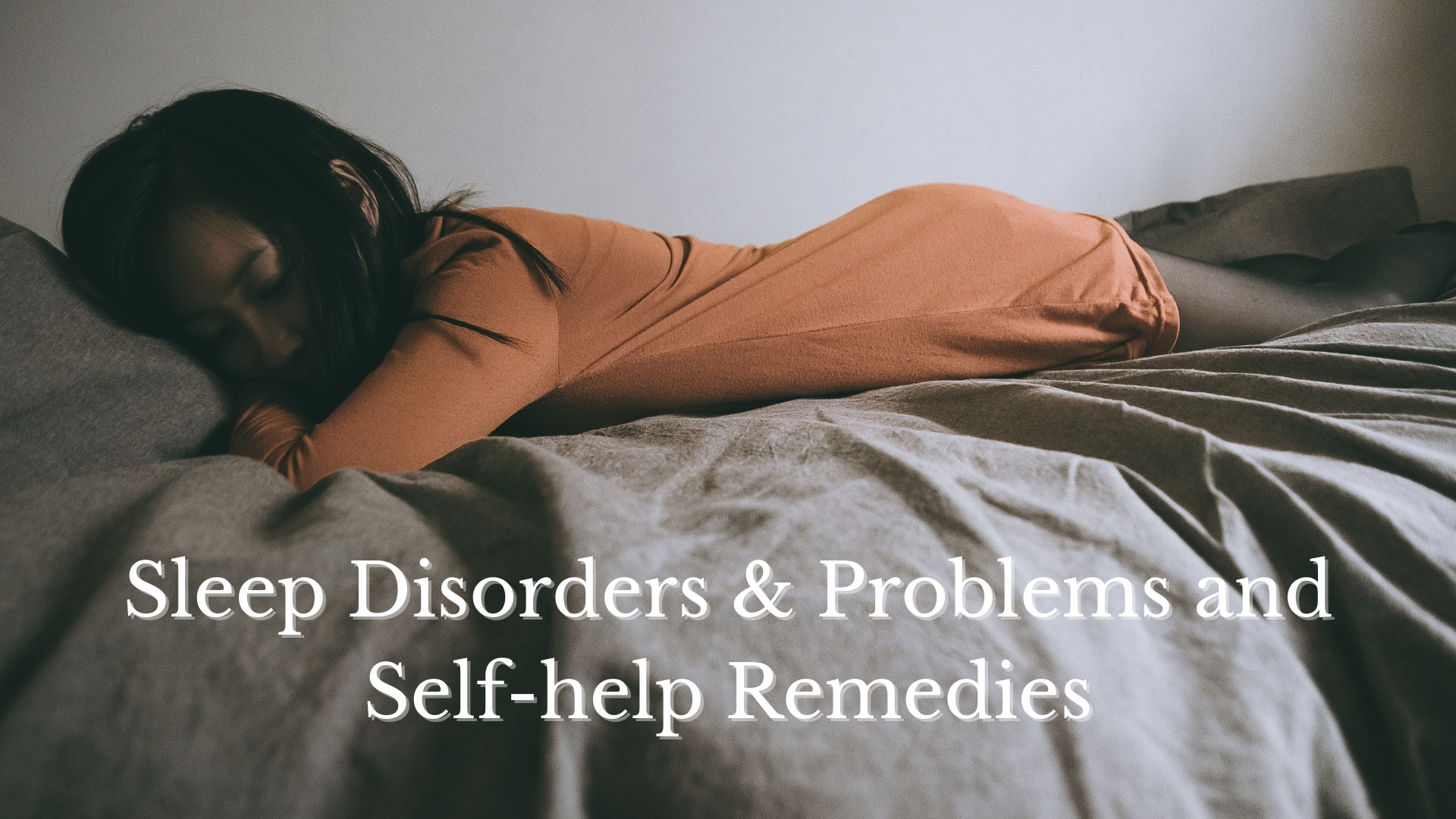In case you are spending enough time in bed and still wake up tired or feel extremely sleepy during the day, you may be one of the estimated 40 million Americans with a sleep disorder.
The most common sleep disorders are insomnia (trouble falling or staying asleep), sleep apnea (pauses in breathing during sleep ), restless legs syndrome, and narcolepsy (extreme daytime sleepiness). Although sleep disorders can considerably affect your health, protection, and well-being, they could be treated.
A sleep disorder is a condition that frequently impacts your ability to get enough quality sleep. A lot of us occasionally encounter difficulties sleeping. Usually it’s due to stress, travel, disease, or other short-term interruptions to your typical routine. However , if you regularly have complications getting to sleep at night, wake up feeling exhausted, or think sleepy during the day, you might be suffering from a sleep disorder.
Sleep disorders cause more than simply daytime sleepiness. They can take a significant toll on your mental and physical wellness, including your mood, energy, and ability to handle tension. Ignoring sleep problems and disorders can result in weight gain, car accidents, impaired job overall performance, memory complications, and strained associations. If you would like to feel your best, stay healthy, and perform up to your potential, quality rest is a necessity, not a luxury.
Frequently having trouble sleeping can be a frustrating and debilitating experience. You sleep badly at night, which leaves you sense dead-tired in the morning and whatever energy you have quickly drains throughout the day. But after that, no matter how exhausted you feel at night, you nonetheless have trouble sleeping. And so the cycle starts again. But you don’t have to live with a sleeping issue. There are many things you can do to identify the underlying causes of your rest disorder and increase your rest, health, and quality of life.
Signs and symptoms of a sleep disorder
Talk to your doctor for those who have any of these indicators of a sleep disorder:
- You regularly take more than 30 moments each night to fall asleep.
- You regularly awaken several times each night and then have trouble falling back to rest, or you awaken too early in the morning.
- You often think sleepy during the day, you take frequent naps, or you fall asleep at inappropriate times during the day.
- Your bed partner affirms that when you sleep, you snore loudly, snort, gasp, help to make choking sounds, or stop breathing for short periods.
- You have creeping, tingling, or crawling emotions in your legs or arms that are relieved by moving or massaging them, especially in the evening and when trying to fall asleep.
- Your bed partner notices that your legs or arms jerk generally during sleep.
- You have vivid, dreamlike encounters while falling asleep or dozing.
- You have episodes of sudden muscle weakness if you are angry or fearful, or when you laugh.
- You feel as though you cannot move when you first wake up.
Remember that children can have a few of these same indicators when they have a sleep disorder, however they often do not show indicators of abnormal daytime sleepiness. Instead, they may appear overactive and have difficulty focusing or performing their best in school.
If you’ve tried a number of self-help home remedies without achievement, schedule an appointment with a rest professional or ask your family doctor for a referral to a rest clinic
Self-help for sleep disorders
While some sleep disorders may require a visit to the doctor, you can improve a large number of sleeping problems by yourself.
Improve your daytime practices. No matter your sleep complications, sticking to a constant sleep routine, getting regular exercise, limiting your intake of caffeine, alcoholic beverages, and nicotine, and controlling stress will translate into better rest over the long term.
Develop a relaxing bedtime schedule to prepare your mind and body for rest. Make sure your bedroom is peaceful, dark, and cool, prevent heavy meals and too many fluids past due at night, take a warm bath, go through, or listen to soothing music to unwind, and turn off screens at least one hour before bedtime.
Get back to sleep when you wake up at night. Whether you have a sleep disorder or not, it’s typical to wake briefly during the night. If you’re having trouble getting back to sleep, try focusing on your breathing, meditating, or practicing another relaxation approach. Make a note of anything that’s worrying you and resolve to postpone worrying about it until the next day when it will be simpler to resolve.
